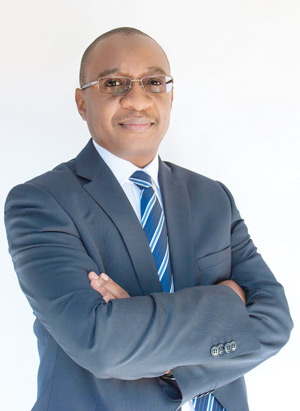
Debt worries as interest rates rise

Mr Phillip Shiimi, Chief Executive Officer of Namibia Financial Institution Supervisory Authority (NAMFISA) is worried about Namibians borrowing too much money.
Shiimi said when people borrow money from financial institutions, including micro-lenders, they should at least use this money for productive purposes such as investing in assets that will yield results that are beneficial to the economy and their financial positions. “Consumers should not rely heavily on debt but they should also be prepared to save money to be used at a time when they will no longer be able to generate their own income or sufficient income, thus Namfisa encourages borrowing for investments and self-sustainability purposes.”
In its latest Monetary Policy Statement, the Bank of Namibia reported that the annual growth rate in domestic private sector credit increased to 15.8% in April 2014, compared to 14.3% in December 2013. “The rise in household credit largely reflected strong growth in installment credit and overdraft loans, furthermore loan disbursements by micro-lenders for 2013 have increased to N$2.2 billion, up with 41% from 2012, thus these state of affairs regarding debt is worrying to Namfisa.” According to the Bank of Namibia, annual inflation has risen from 4.9% in December 2013 to 6.1% in May 2014, mainly due to increases in food and transport prices.
“Therefore consumers are encouraged to create sufficient savings to serve as a buffer to fend off the effect of expected higher prices and raising interest rates.
This will prevent premature termination of insurance policies and cashing in of pension or retirement savings” advised Shiimi.











































